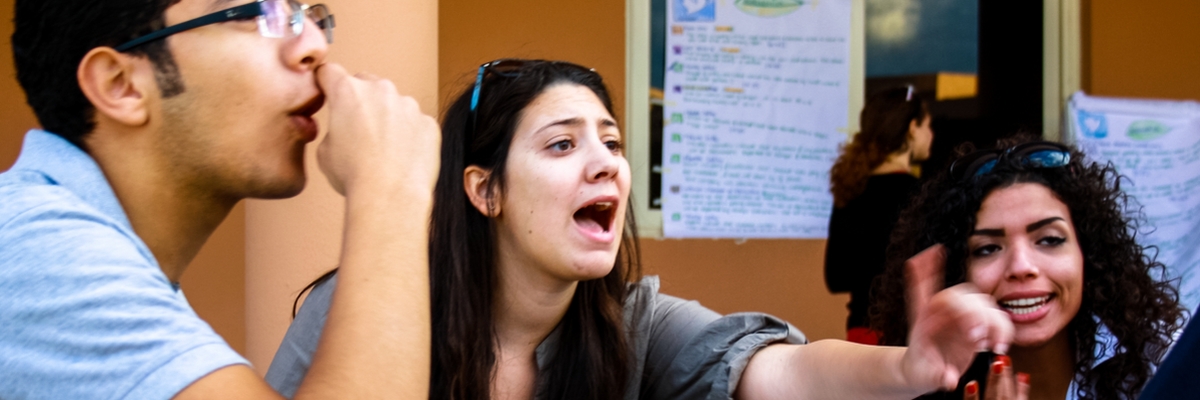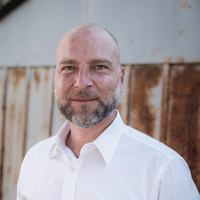This fundamental task was followed by an alignment of the particular defiance and a subsequent detection of overlapping challenges. In the center of consideration is the relation and dependency of Civil-Society-Actors towards donors, state-actors and the population. With the aid of the method of simulation-gaming the participants got the chance to experience arising conflicts from a different perspective, to try out collectively gathered problem-solving-strategies and to recognize mutual dilemmas as well as synergetic effects. In the ensuing wrap-up-phase the participants evaluate the experiences from the simulation and transfer them into strategies of action. Herein we see the additional value for the participants' working routine.
Target Group
This workshop focused on civil society activists and members of oppositional political parties from Belarus. The age rage was between 20 and 30. Ideally all participants have already some experience in cooperating with national authorities, other CSOs and external donors. Moreover the participants should have had the potential to spread the new knowledge among their colleagues and other civil society actors. As the main outcome was generated during discussions, the participants were communicative and open minded. The workshop was held in Russian.
Project Goals
The main goal of this project was to bring actors of civil society and from political parties from Belarus together, in order to provide a common and shared analysis of the current situation and accompanying problems of civil society concerning their relations towards the population and the state as well. Herefrom the participants developed a first common problem-solving-strategy that allowed them to combine their capabilities and resources so as to act with collective strength. In the end of the workshop we had accomplished an agile interchange of ways of looking at problems and a description of possible intersections and interfaces.



